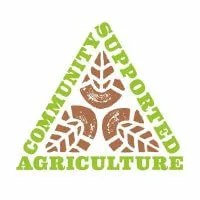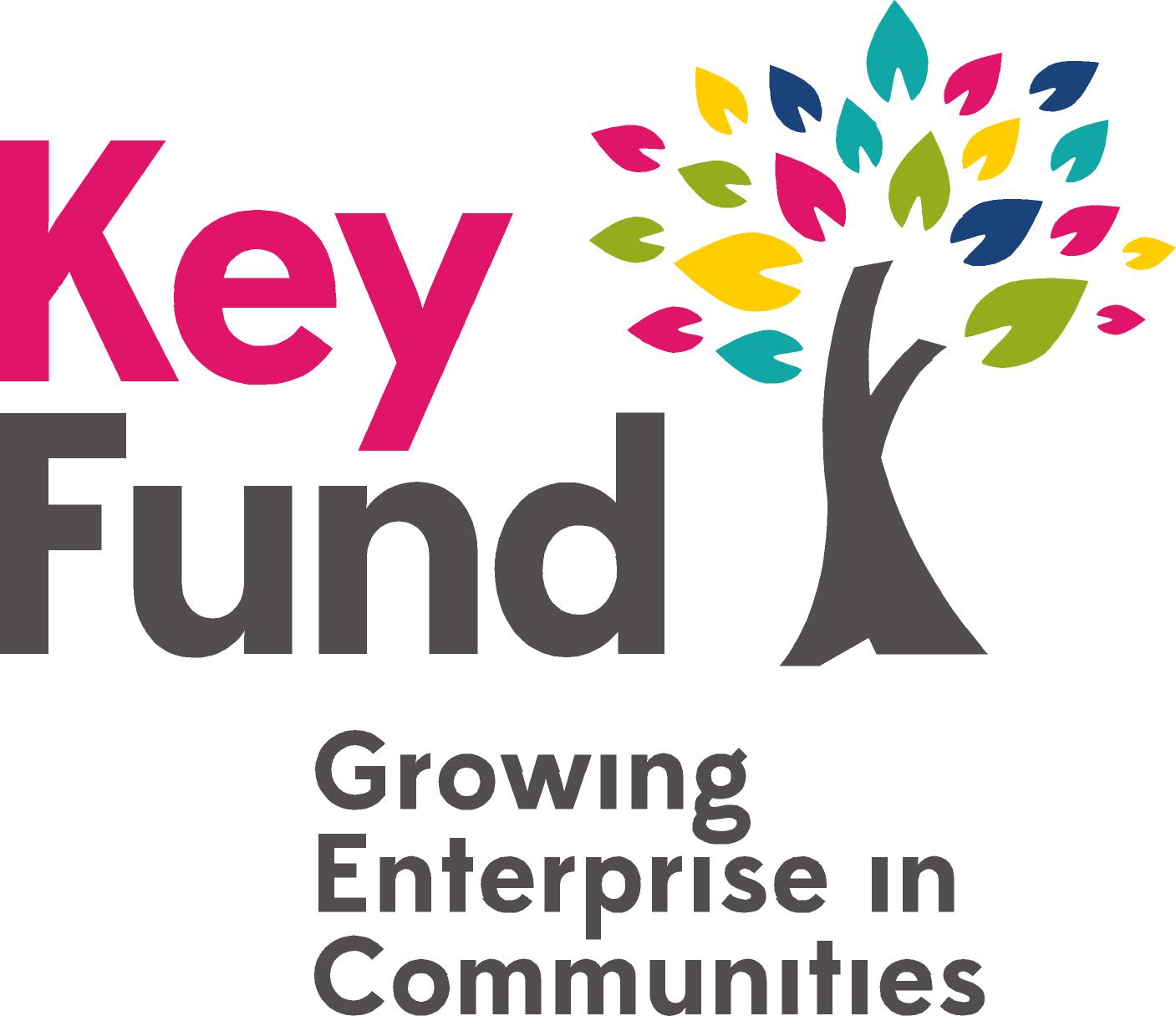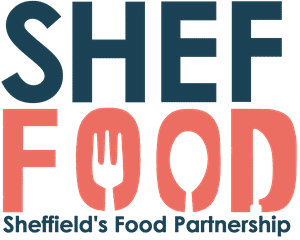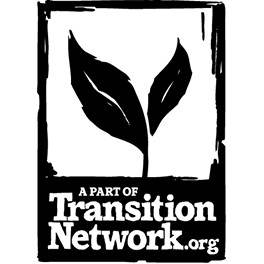
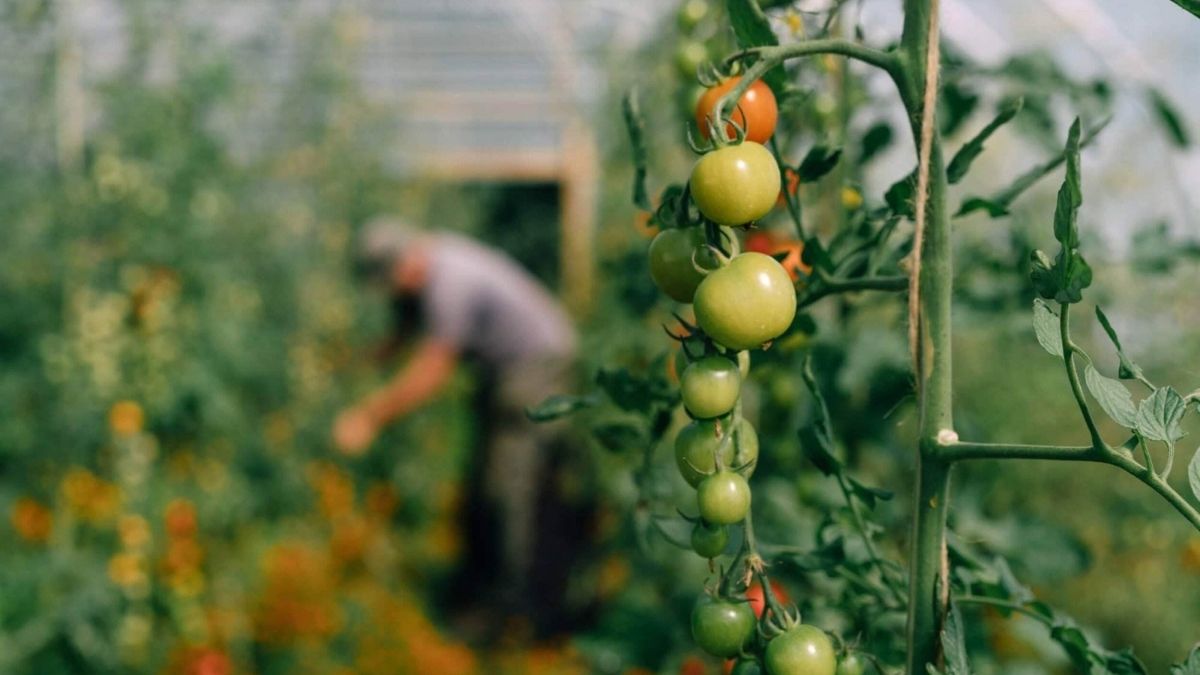
Every September, the UK celebrates Organic September, a month to shine a light on the food we eat, the farms it comes from, and the people behind it. But with all the buzz, labels, and supermarket slogans, many of us are still left scratching our heads. What’s the real meaning of organic food? Is it just about avoiding pesticides, or does it go deeper than that?
At its heart, “organic” isn’t a marketing term. It’s a whole system of farming methods, principles, and regulations designed to protect our health, the environment, and the farmers who grow our food. And right here in Sheffield, Regather Co-operative is part of this movement, producing organic vegetables and flowers on our own farm and delivering organic veg and fruit boxes packed with fresh produce from their fields and other trusted UK organic farmers.
Organic food refers to food grown or produced according to strict organic standards, rules that guide every step, from soil management to packaging.
To qualify as organic, agricultural products must come from farms that avoid synthetic chemicals, artificial fertilisers, GMOs, and unnecessary preservatives. Instead, they rely on organic farming methods such as crop rotation, natural soil fertility, and organic-approved pest control. Foods labelled ‘organic’ must be approved by an organic certification body. They conduct regular inspections to make sure that the food meets the strict regulations for production methods and labelling, giving you confidence in your choices.
In the UK, the organic movement has deep roots. Organisations like the Soil Association, founded back in the 1940s, were among the first to set out clear organic principles, long before official laws were in place. These early pioneers recognised the impact of conventional farming methods on soil, food quality, and the environment, and began developing standards for organic farming methods that still guide us today.
Formal organic regulations came later, with frameworks in the UK like the Organic Products Regulations 2009, which created legal definitions to protect consumers from false claims. But regulation is just one piece of the puzzle; the organic movement has always been driven by farmers, growers, and communities committed to healthier, more sustainable food systems.
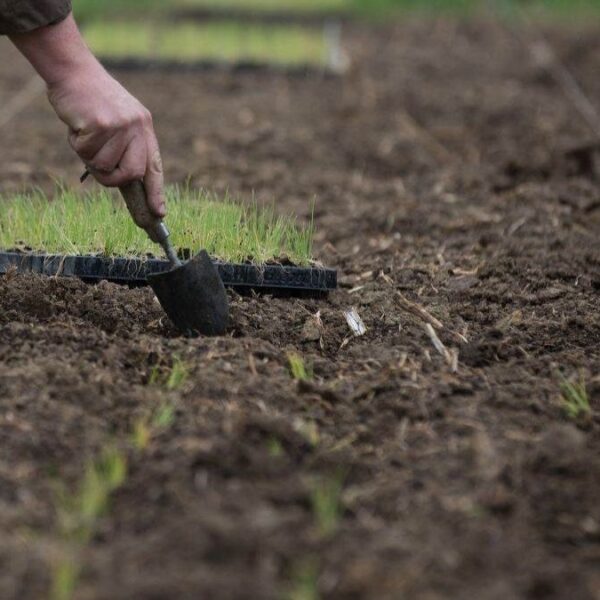
The biggest difference between organic and conventional farming lies in the farming methods used to grow our food.
Organic methods are designed to work with nature, not against it. Instead of relying on quick chemical fixes, organic farmers focus on the long-term health of their land and animals. They avoid herbicides, artificial fertilisers, and the routine use of antibiotics in livestock. Instead, they use time-tested techniques to keep farms thriving:
Conventional farming, by contrast, often relies heavily on synthetic chemicals such as fertilisers, herbicides, and GMOs to maximise short-term yields. While this can increase productivity, it can also lead to problems such as soil degradation, water pollution, and the build-up of pesticide residues in the food chain.
It’s worth noting that organic farmers aren’t completely chemical-free. They may use carefully approved organic pesticides, such as plant-based sprays or natural oils. Still, these are tightly regulated, used only as a last resort, and far less harmful than many conventional treatments.
And it’s not just about crops. Organic farming also sets high standards for livestock and animal products, including organic milk and other dairy products, and organic meat. Animals must be raised with access to the outdoors, fed on organic feed, and given space to express natural behaviours. The routine use of antibiotics, growth hormones, or intensive confinement is strictly prohibited. These standards ensure better animal welfare while also protecting consumers from unnecessary synthetic chemicals entering the food system.
In short, where conventional farming often prioritises yield above all else, organic farming balances food production with care for the soil, the animals, and the wider environment.
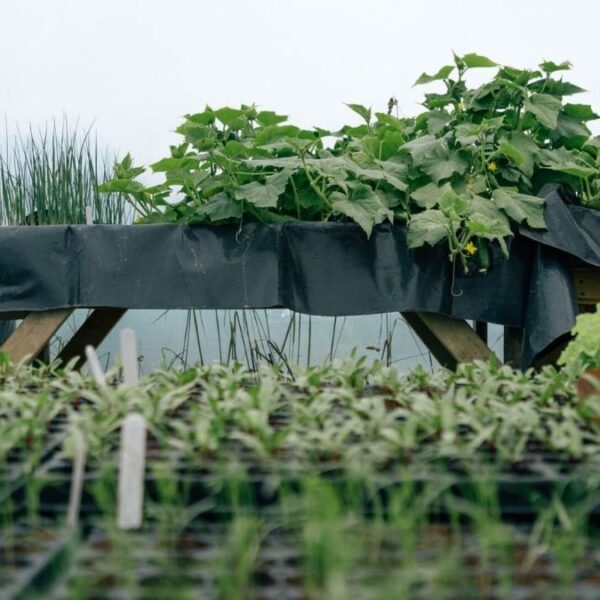
There are many myths around organic food, and they are often pushed to discourage consumers from choosing organic products and producers.
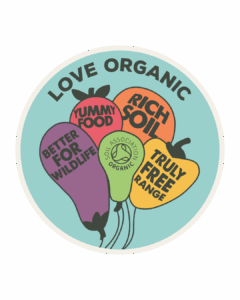
One of the main reasons people choose organic is concern about what’s in their food. Studies have shown that organic crops can contain higher levels of some nutrients, such as antioxidants, compared with conventional food, as well as higher levels of iron, magnesium, and vitamin C. They also have significantly lower levels of pesticide residues and toxic metals (Baranski et al., 2014) & (Rahman, Azizur et al, 2024)
For consumers, this means:
This doesn’t mean organic food is “perfect,” but it does prioritise food safety, healthy eating, and diet quality.
Beyond our plates, organic agriculture plays a huge role in environmental sustainability. Because it bans most chemicals, fertilisers, and herbicides, organic farming helps:
The farming system is designed to work with nature, not against it. In Sheffield, community-led initiatives like organic gardening and local farms are proof that small-scale organic production methods can contribute to tackling climate change and building resilient food systems.
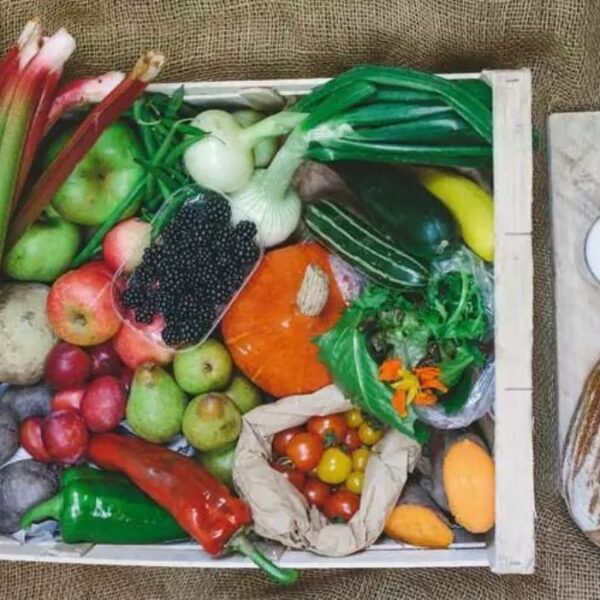
Standing in the supermarket aisle, labels can feel like a puzzle. Luckily, organic certification makes things simpler.
In the UK, look for the Soil Association Certification logo, one of the most trusted organic certifiers. Other organic certification body marks also guarantee that the food meets UK and EU organic regulations.
Key things to know about food labels:
This transparency helps consumers trust the agricultural origin of their food.
Here in Sheffield, Regather Co-operative is proud to be part of the organic movement. On our own organic farm, we grow a wide range of seasonal vegetables, fruits and flowers using organic farming methods.
But it doesn’t stop there. Regather also works closely with other local and UK organic producers to bring the best of the season to the city. Our organic fruit & veg box delivery scheme combines our own harvest with carefully sourced fruit, vegetables, and pantry staples from trusted organic partners.
By supporting Regather, you’re not just buying fresh organic produce. You’re backing a farming system that puts people, planet, and community first.
When you choose organic, you’re investing in more than just food. You’re supporting:
This Organic September, why not make a change that supports both your health and your community? By signing up for a Regather veg box, you’ll enjoy fresh, seasonal organic food grown right here in Sheffield, alongside carefully sourced staples from trusted organic producers across the UK.
It’s a simple way to take part in Organic September, support organic principles, and be part of a growing movement that’s reshaping how we think about food.
👉 Find out more and join Regather’s Organic Veg Box scheme today.

